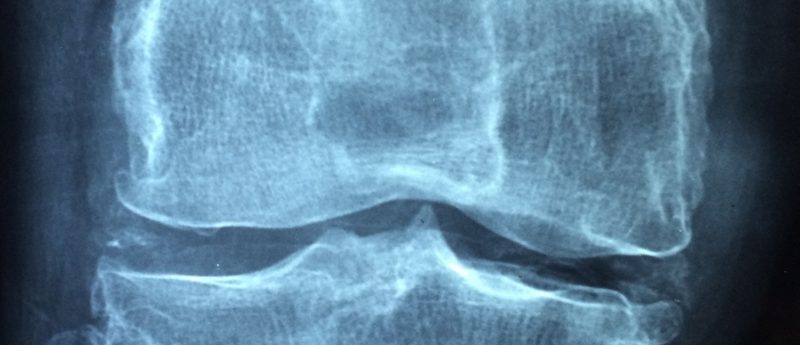Biomarkers could indicate severity of post-traumatic osteoarthritis after knee ligament surgery

Researchers from the University of Kentucky (KY, USA) have presented their findings on the significance of a set of biomarkers present on the day of surgery, which could signal the magnitude of post-traumatic osteoarthritis experienced by patients.
Their findings were presented at the recent American Orthopedic Society for Sports Medicine Speciality Day in San Diego (held 18 March, CA, USA).
One of the most common knee injuries that requires knee ligament surgery is damage to the anterior cruciate ligament (ACL), accounting for a large number of sports-related injuries. Patients who have undergone ACL reconstruction, very often go on to develop post-traumatic osteoarthritis within 15 years of the reconstructive surgery.
Though the correlation between ACL injuries and post-traumatic osteoarthritis is poorly understood, its onset is usually associated with elevated biomarkers linked to chondrodegeneration and inflammation, such as urinary CTX-II – a product of type II collagen break down.
This study involved 18 participants with an ACL injury. All these individuals had previously enrolled in a randomized trial investigating early inflammatory treatment postoperatively. The team completed the knee injury and osteoarthritis outcome score and quality of life score 2 years after ACL surgery.
These scores were then compared with the concentrations of CTX-II in urine on the day of surgery as part of the initial trial. The results were then analyzed to determine if there was any correlation between the biomarkers present on the day of surgery and the variability of post-traumatic osteoarthritis.
“Our research notes that higher levels of collagen breakdown at the time of surgery may correlate to worse outcomes at 2 years,” Christian Latterman, lead author of the study, commented.
Overall, the study suggests that elevated levels of the CTX-II biomarker could predict a greater likelihood of developing post-traumatic osteoarthritis. It is hoped that being able to predict the magnitude of how an individual might experience post-traumatic osteoarthritis may assist the development of anti-inflammatory therapeutic strategies to reduce the prevalence of the symptoms.
Source:
Lattermann C, Jacobs CA, Whale C et al Biomarkers on the day of ACL reconstruction and Sex predictive of knee-related quality of life at 2-year follow up. Orthop J Sports Med. 5(3) (2017); www.sportsmed.org/aossmimis/Members/About/Press_Releases/SD2017ReleaseD.aspx






